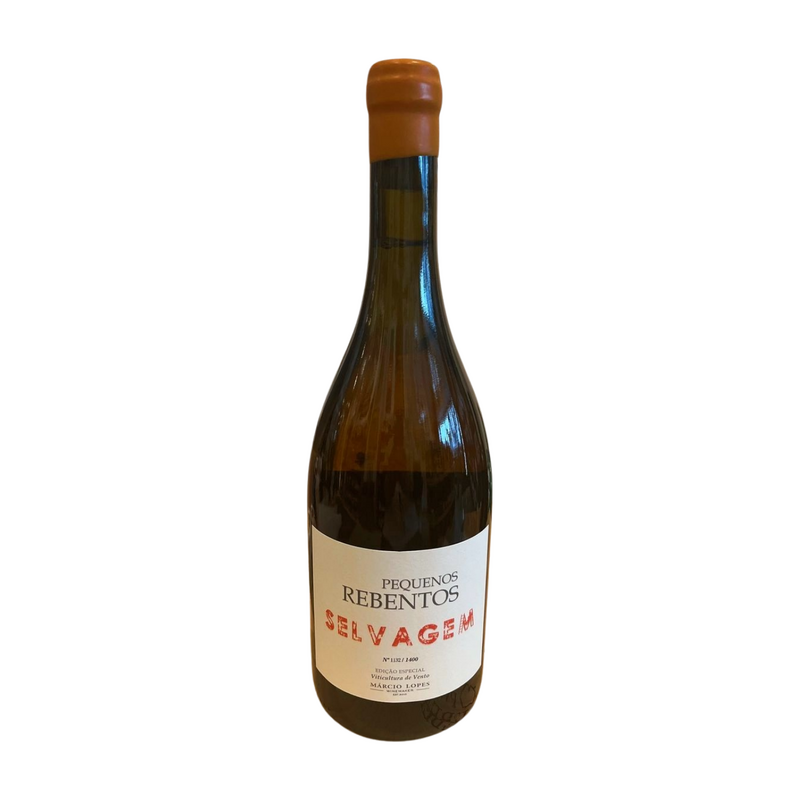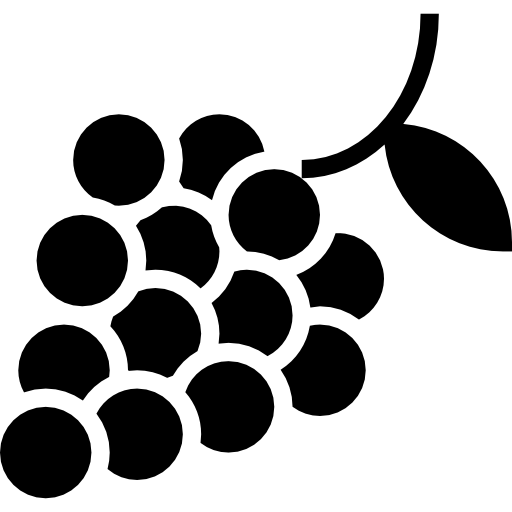Márcio Lopes is a Portuguese winemaker known for his innovative approach to viticulture and his dedication to reviving forgotten grape varieties. Born in Porto in 1983, his early exposure to agriculture through his grandparents sparked a passion for winemaking. He pursued a degree in Agricultural Engineering at the University of Porto, graduating in 2006. His journey into winemaking began with Anselmo Mendes in Melgaço, where he worked with the Alvarinho grape. Seeking broader experience, he traveled to Australia in 2008, completing two harvests in Rutherglen and Tasmania. In 2010, he established his own winemaking project, launching two brands: Pequenos Rebentos in the Vinho Verde region and Proibido in the Douro Superior.
Lopes' viticultural philosophy is rooted in minimal intervention and a deep respect for traditional methods. He actively seeks out old vines, often those neglected or considered unviable, and works to reveal their potential. In Vinho Verde, his Pequenos Rebentos wines showcase the versatility of the region, with labels such as À Moda Antiga, Selvagem, Ancestral, and Atlântico. He employs natural fermentation techniques, particularly with Loureiro and Alvarinho grapes, and experiments with amphorae and old French oak barrels to enhance complexity. His Selvagem wine, for instance, is crafted from Azal vines planted in the 1930s in Amarante, demonstrating his commitment to preserving heritage viticulture.
In the Douro Superior, Lopes acquired Quinta do Pombal in Vila Nova de Foz Côa in 2015, where he established experimental vineyards to recover native grape varieties. His Proibido range includes Proibido Vinha Velha de Pombal, Clarete, and Vintage Port 2017, while the Permitido range focuses exclusively on white wines. His approach in the Douro emphasizes purity and regional character, producing wines that are austere yet fresh, with a focus on longevity and evolving complexity.
Sustainability is a key aspect of Lopes' winemaking ethos. He prioritizes organic practices, working with old vines that require minimal chemical intervention and employing traditional training systems such as ramadas and enforcados. His experimental vineyards at Quinta do Pombal, named Vinha da Sofia and Vinha da Luísa, are dedicated to the recovery of indigenous grape varieties, ensuring biodiversity and resilience in the face of climate change. His commitment to sustainable viticulture has earned him recognition, including the "Singularity Award" and a mention in Robert Parker's "Top 100 Wine Discoveries".
Lopes' wines reflect his meticulous craftsmanship and dedication to authenticity. His work has been praised for its ability to express the unique characteristics of Portugal’s wine regions while challenging conventional perceptions of Vinho Verde and Douro wines. Through his innovative yet respectful approach, he continues to shape the future of Portuguese winemaking, bringing new life to forgotten grapes and traditional methods.







